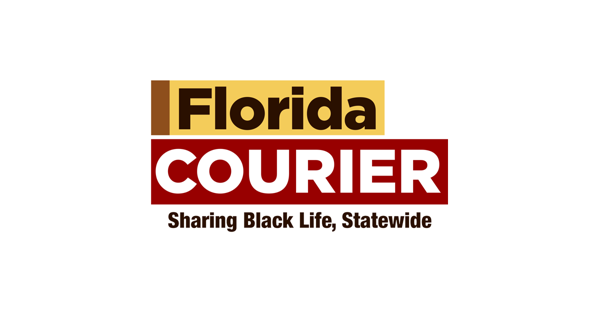TALLAHASSEE – An in – creased demand for shelter house is predicted if hurricanes threaten Florida’s shoreline within the upcoming storm season.
With COVID-19 protocols lifted, and other people pinching pennies as inflation has hit a 4-decade excessive, emergen – cy-administration officers antic – ipate individuals will go for pub – lic shelters relatively than drive to motels tons of of miles away when storms strategy.
“I theorized that we’re prob – ably going to have extra individuals due to the monetary situa – tions occurring within the state,” Flor – ida Division of Emergency Man – agement Director Kevin Guthrie stated of the anticipated uptick in demand for shelter house.
“We’re ready for that,” Guthrie continued. “The divi – sion has accomplished some shelter-employees augmentation. So, if a county asks for help at their native shelter, we will … get individu – als to go there. However I do imagine we’re going to have extra peo – ple go to shelter this yr.”
To chop down on an over-reli – ance on shelters, Guthrie stated individuals ought to make plans be – fore storms about locations they’ll go, equivalent to staying on the properties of associates or relations.
“Have in your plan, the place am I going to go? Do I’ve family and friends that dwell inside 10 to 20 miles of my evacuation zone, versus going tons of of miles to a lodge or one thing alongside these traces,” Guthrie stated.
Insurance coverage checkup urged
Officers are also rising their name for individuals to verify property-insurance coverage protection as carriers drop policyholders and lift charges amid monetary trou – bles within the trade. Lawmakers returned to Tallahassee on Monday for a particular session to handle the property-insurance coverage troubles.
“We’re wanting everyone to exit and do what we name an insurance coverage checkup and be sure you have sufficient insur – ance to cowl the rebuilding of your property, not only a barebones minimal bundle, be sure you have the funds for to or sufficient insurance coverage protection to change the contents,” Guth – rie stated.
“These are issues that we haven’t essentially stated up to now. We’re wanting to ensure we’re amplifying that mes – sage now.”
In the meantime, researchers are projecting above-regular fore – casts for the hurricane season, which begins June 1 and ends Nov. 30.
Allison Wing, an assistant professor in Florida State Uni – versity’s Division of Earth, Ocean and Atmospheric Sci – ence, stated there may not be a direct hyperlink between the num – ber of hurricanes and local weather change. However she stated the impacts of local weather change are exhibiting up with stronger storms that in – tensify quickly to enhance rain – fall and decay extra slowly after hitting shore.
“If you couple these adjustments, together with the in – creased buildup of coastal pop – ulation and infrastructure … you’ve got an image through which even a backyard-selection hurricane season would put us at extra threat right now than we had been up to now,” Wing stated.
‘A really fragile market’
Charles Nyce, an affiliate professor of threat administration and Insurance coverage and affiliate director of the Middle for Threat Administration Schooling and Analysis at FSU, stated the insur – ance trade in Florida may not have the ability to financially weath – er a collection of direct hits.
“I don’t need to sound alarm bells an excessive amount of, however I don’t assume you may have a look at the present state of the personal insurance coverage market within the state of Florida and say it’s good,” Nyce stated.
“It’s a very fragile market that we’ve, extraordinarily fragile. A re – ally large storm or collection of small – er storms will trigger, I feel, some vital issues in that non-public insurance coverage mar – ket. And that’s going to end in (state-backed) Residents (Prop – erty Insurance coverage Corp.) continu – ing to develop an increasing number of, and put the state on the hook.”











